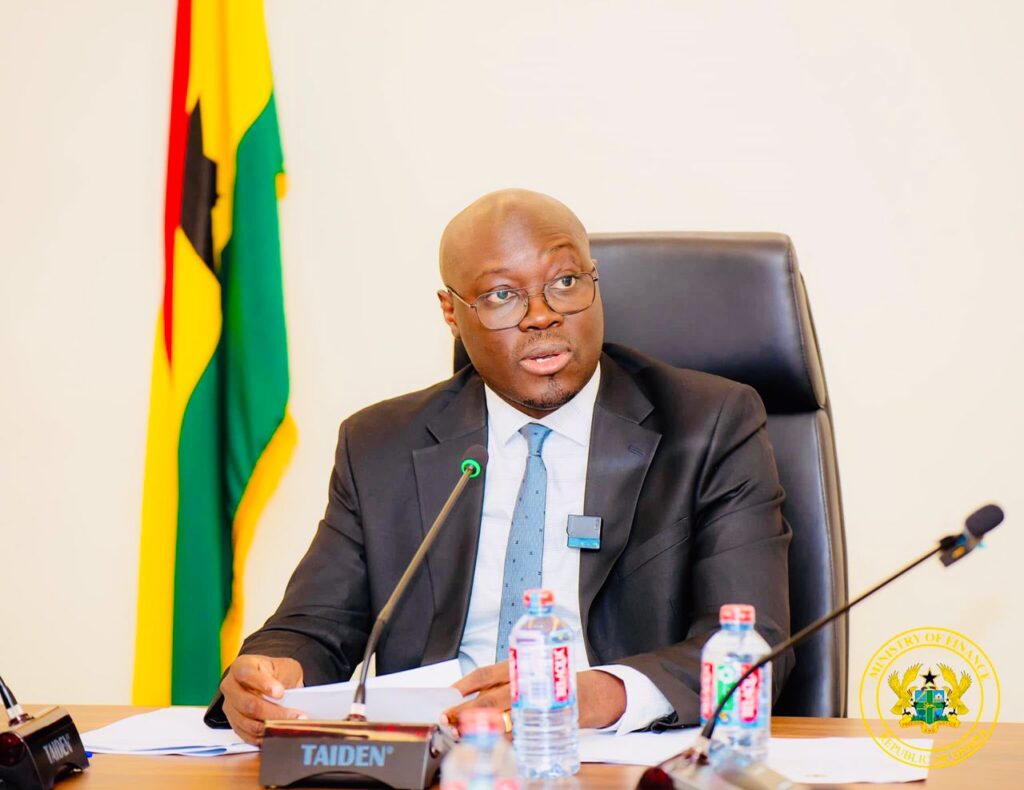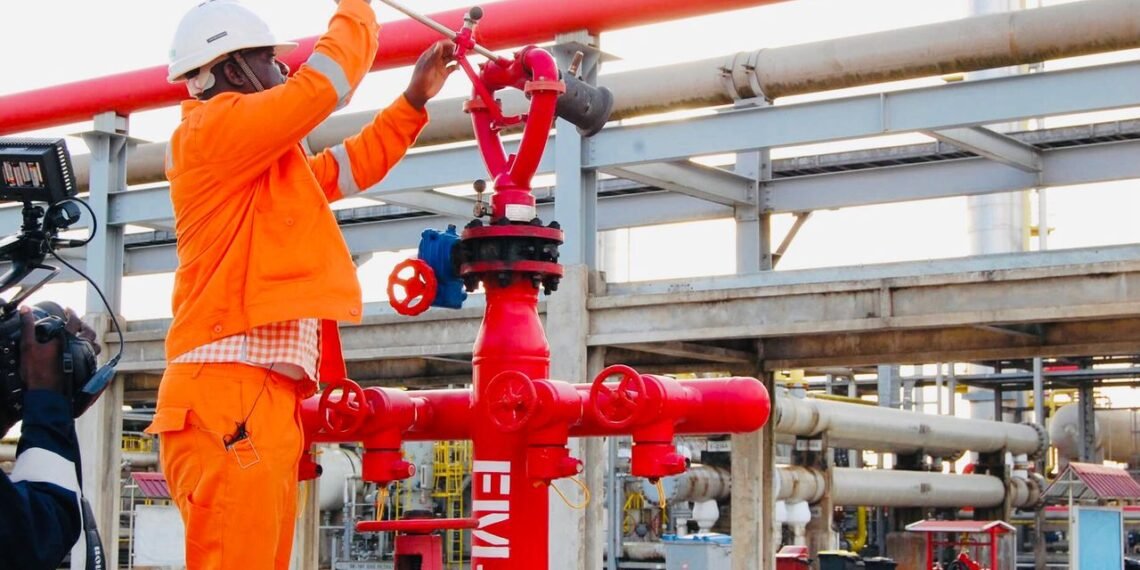Ghana could spend over US$1 billion on liquid fuel for thermal power generation in 2025, according to Minister for Energy and Green Transition, Hon. John Jinapor.
The alarming figure highlights the urgent need for structural reform in the country’s power generation strategy, particularly in reducing dependency on expensive and environmentally damaging fuel sources like diesel, light crude oil, and heavy fuel oil (HFO).
“This is unsustainable. Currently, liquid fuel is not even part of the tariff structure, and yet we’re forced to depend on it due to our gas deficit.”
Hon. John Jinapor, Minister of Energy and Green Transition
At the recent inauguration of the Technical and Steering Committees for the Second Gas Processing Plant (GPP2) project, the minister revealed that Ghana’s electricity demand is increasing by approximately 300 megawatts annually, but the country continues to suffer a daily gas supply shortfall of about 100 million standard cubic feet (MMscf).

He stressed that the construction of GPP2 is a crucial step in reversing this trend, adding that the plant could generate savings of up to US$500 million annually. “This means that in just two years, the plant would pay for itself,” the minister noted.
Independent Power Producers (IPPs), many of whom rely on government for fuel payments, have been pressuring the state over outstanding arrears.
Hon. Jinapor believes that ramping up domestic gas processing capacity will ease this financial burden and improve payment timelines across the power sector.
GPP2: A Strategic Solution

The newly planned gas facility is expected to boost domestic gas supply, reduce flaring of natural gas, and contribute to Ghana’s energy transition goals.
Additionally, it is anticipated to spur job creation and improve the availability of Liquefied Natural Gas (LNG) and Liquefied Petroleum Gas (LPG), which are key to industrial and household energy use.
Finance Minister Dr. Cassiel Ato Forson, who chairs the Steering Committee for GPP2, lamented the lack of investment in gas infrastructure over the years.
“Without the Atuabo Gas Processing Plant, we would have faced even greater challenges.
“I’m surprised the previous administration, after years of talking, did not commence this second facility.”
Dr. Cassiel Ato Forson, Finance Minister
Dr. Forson reiterated that the cost savings from switching to gas would be enough to finance GPP2’s construction within two years.

Despite the promising outlook for GPP2, concerns have been raised over the project’s financing structure. The Africa Centre for Energy Policy (ACEP) noted that the initiative was not explicitly mentioned in Ghana’s 2025 Budget, raising questions about funding sources.
In its 2025 Budget Insights report, ACEP criticized the lack of clarity surrounding the plant’s development and financing, particularly after Cabinet reportedly approved the project.
ACEP also flagged concerns regarding the estimated cost, referencing a previous proposal to develop a similar facility at US$800 million—an amount it claims is more than double the global benchmark for such projects.
“The Ghana Upstream Petroleum Chamber estimates that Ghana lost about US$290 million from gas flaring in 2023.
“Projects like GPP2 should help commercialize flared gas – but we must ensure value-for-money by avoiding inflated project costs.”
Africa Centre for Energy Policy (ACEP)
The GPP2 project is emerging as a pivotal component of Ghana’s energy infrastructure. If successfully implemented, it has the potential to ease pressure on the national grid, support fiscal stability, and accelerate the country’s transition to more sustainable energy sources.
While the government remains optimistic about the plant’s impact, stakeholders continue to call for enhanced transparency and efficiency in energy infrastructure investment.
As Ghana navigates these challenges, the implementation of GPP2 will be closely monitored to ensure it meets expectations of cost-effectiveness and long-term sustainability.
READ ALSO: Cedi Gains Not Enough for Recovery – IERPP Boss Warns Against Overreliance on Global Trends























